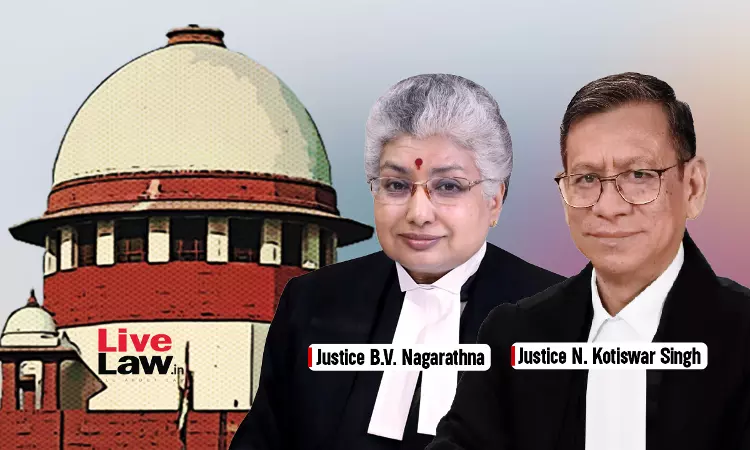'Worrying Trend' : Supreme Court Expresses Concerns At Using Criminal Law Against Men After Breakup Of Consensual Relationship
Yash Mittal
26 Nov 2024 6:53 PM IST

Unless it is shown that the physical relationship was purely out of the promise of marriage, it cannot be said that consent was vitiated due to misconception of fact, the Court said.
Next Story


